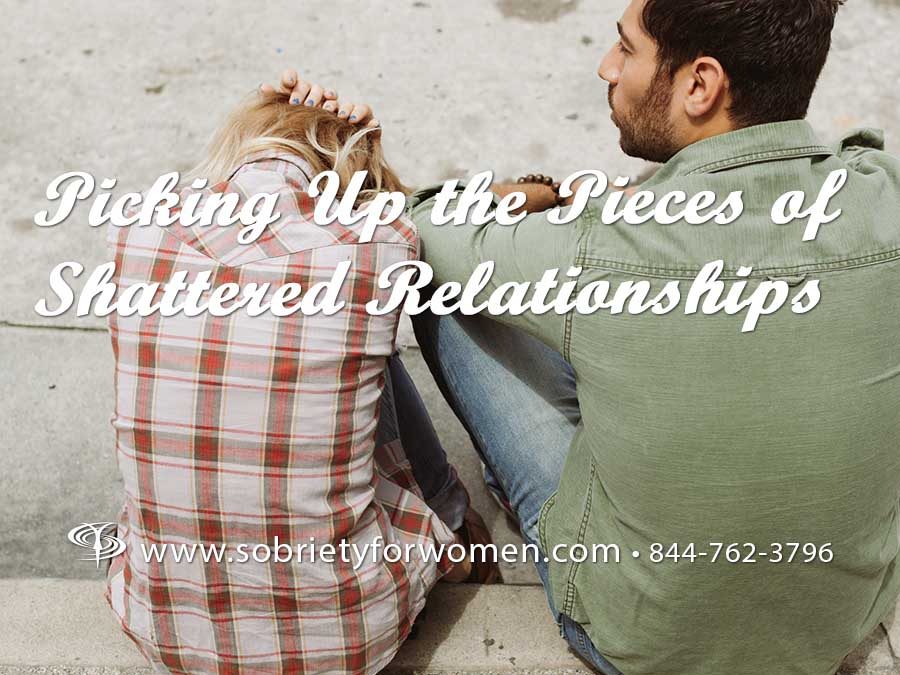Written By: Fiona Stockard
I recently celebrated my first anniversary in sobriety. I was in a deep state of regret coming up to my anniversary. Things were piling up. Those years in college when I’d done no work and had poor grades. That stage of my life when I should have been figuring out what I wanted to be. My family, who I’d hurt terribly. Yeah, things were starting to pile up.
How can the family of an alcoholic recover?

The Difference Between Guilt and Shame
“Do you know the difference between guilt and shame?” my therapist asked, as I struggled to explain my feelings to her. “No,” I replied. They felt like the same thing.
The psychoanalyst Helen B. Lewis reasons that “The experience of shame is directly about the self, which is the focus of evaluation. In guilt, the self is not the central object of negative evaluation, but rather the thing done is the focus”[1].
“Shame is thinking that you’re a bad person, while guilt is thinking that you did bad things,” my therapist explained. I instantly knew which one I felt. Shame. I felt shame.
I wonder why my mind had translated me doing bad things into me being a bad person. So, I spoke to some friends about it. Many of my female friends had the same experience I did.
“I think there’s a healthy and unhealthy way to deal with shame” said one of my friends.
“What’s a healthy way?” I replied.
“Amends,” she said.
Looking for South Florida’s best women’s treatment center?
Making Proper Amends
Amends are tricky! It’s important to write your amends list and amends letters with a sponsor. She’ll be able to give you an objective opinion about what to include and what not to include in your amends letters.
Remember, if you’re not on the ninth step, don’t make amends! Don’t rush out to make amends, a lot could go wrong! However, if you’re early in sobriety, or perhaps don’t feel your amends were good enough, make a living amends. This is when you simply live in a different way, a sober way. Living amends are good ways of challenging shame.
It’s hard to right all the wrongs we’ve done to people, especially those closest to us. My amends experience is a perfect example. When I sat down with my mom, she asked me “what about all the pain?” She thought my amends would make away all the pain I’d caused her. Through my living amends to my family (staying sober and being present as a daughter), I can save her any new heartbreak.
Staying sober one day at a time is also a living amends I make to myself. It’s my way of fighting shame. Today, I can do the right thing as a sober woman of integrity.
Join in on the conversation with other sober women
[1] Lewis, Helen B. (1971), Shame and guilt in neurosis, International University Press, New York, ISBN0-8236-8307-9 & http://en.wikipedia.org/wiki/Shame

